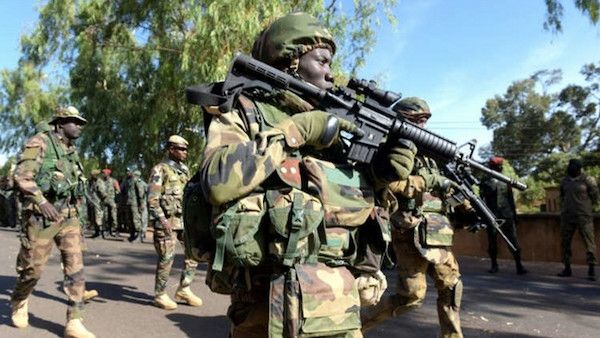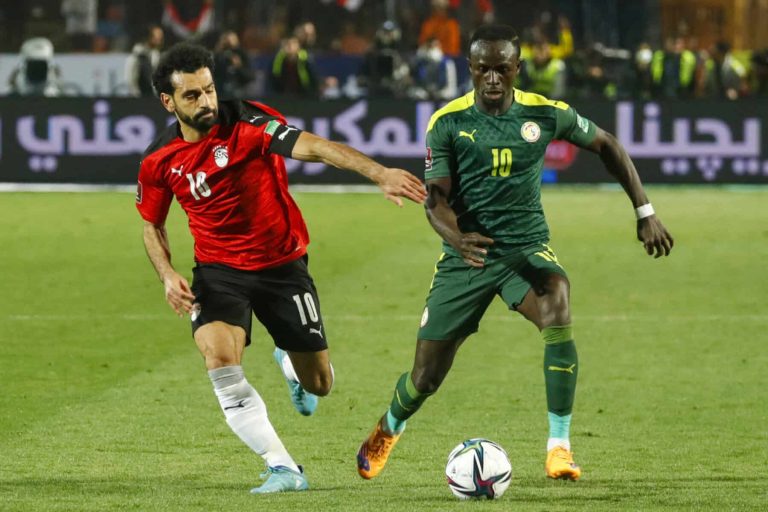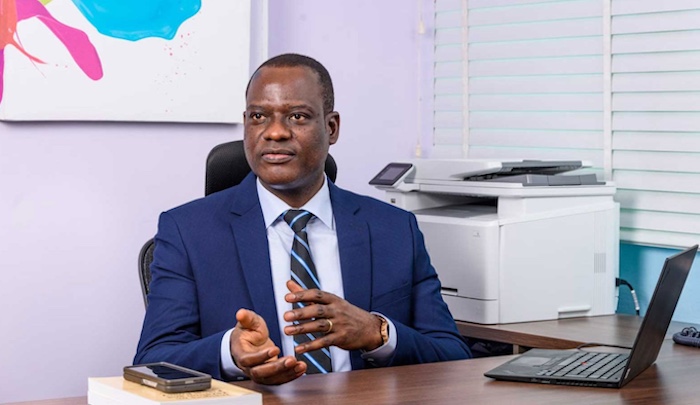
Nigeria ramped up spending on arms and ammunition in the first half of 2025, recording a 129% year-on-year increase in imports compared to the same period in 2024. According to the latest Foreign Trade Report from the National Bureau of Statistics (NBS), the country spent ₦26.95 billion on foreign weapons between January and June 2025 up from ₦11.76 billion a year earlier.
The sharp increase comes after a steep collapse in 2024 and points to a fresh round of military procurement contracts as Nigeria continues to confront widespread security threats across multiple regions.
Data breakdown shows the majority of the spending was frontloaded in the first quarter of 2025, with ₦22.08 billion worth of arms imported between January and March. That figure is more than double the ₦10.72 billion recorded in Q1 2024.
In contrast, Q2 2025 saw a sharp slowdown, with imports dropping to ₦4.87 billion though still significantly higher than the ₦1.04 billion recorded in Q2 2024. The data suggests over 80% of the year’s H1 arms spending occurred in the first three months of the year.
Comparative History: 2021–2025
The current uptick is particularly notable against a backdrop of extreme volatility in defence import trends over the past five years:
- H1 2021: ₦39.80 billion
- H1 2022: ₦15.81 billion
- H1 2023: ₦121.36 billion (record high)
- H1 2024: ₦11.76 billion (record low)
- H1 2025: ₦26.95 billion
The 2023 peak was largely driven by large-scale counter-terrorism and counter-insurgency operations, while the 2024 slump reflected delayed budget releases and policy uncertainty.
The rebound in 2025 coincides with ongoing nationwide insecurity, including:
- Boko Haram and ISWAP insurgencies in the North-East
- Banditry and mass abductions in the North-West
- Violent secessionist movements in the South-East
- Kidnapping and communal conflicts in the North-Central
Analysts say the rise in arms imports reflects renewed urgency by the government to equip security forces, especially as public pressure mounts and regional violence escalates.
Economic Implications
While the renewed defence spending may bolster national security, it comes at a fiscal cost. Arms imports are dollar-denominated and contribute to Nigeria’s trade imbalance, placing added strain on foreign reserves.
This is particularly concerning at a time when debt servicing continues to absorb a large share of the government’s revenues. Defence-related imports, though necessary, risk widening the fiscal deficit if not matched with export gains.
However, there’s a silver lining: Nigeria’s external trade performance in Q2 2025 showed improvement. The trade surplus grew by 44.3%, reaching ₦7.46 trillion, up from ₦5.17 trillion in Q1, which may help buffer the pressure of rising imports.
The 129% surge in arms imports in H1 2025 is more than a line item in a budget, it reflects strategic decisions, political priorities, and the real cost of maintaining internal security in a time of multiple crises. Whether this trend continues will depend on budget cycles, procurement timelines, and Nigeria’s evolving security needs.



